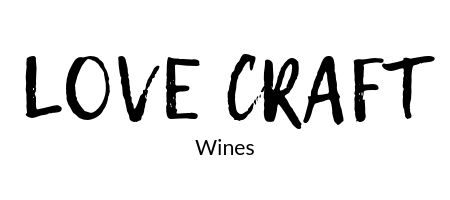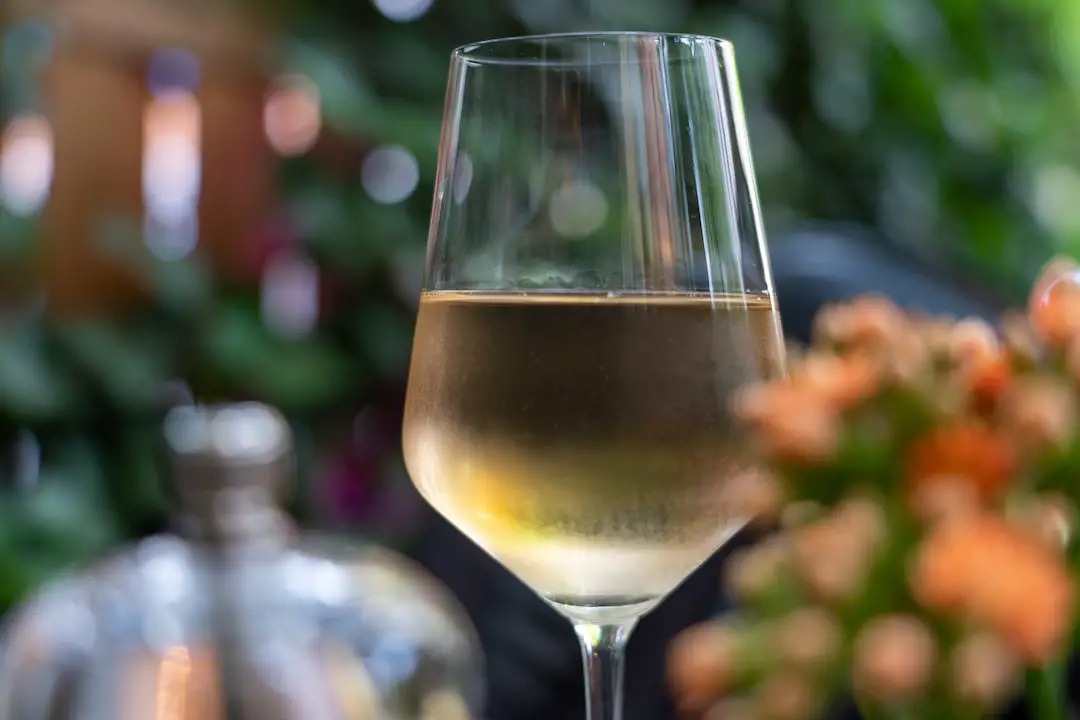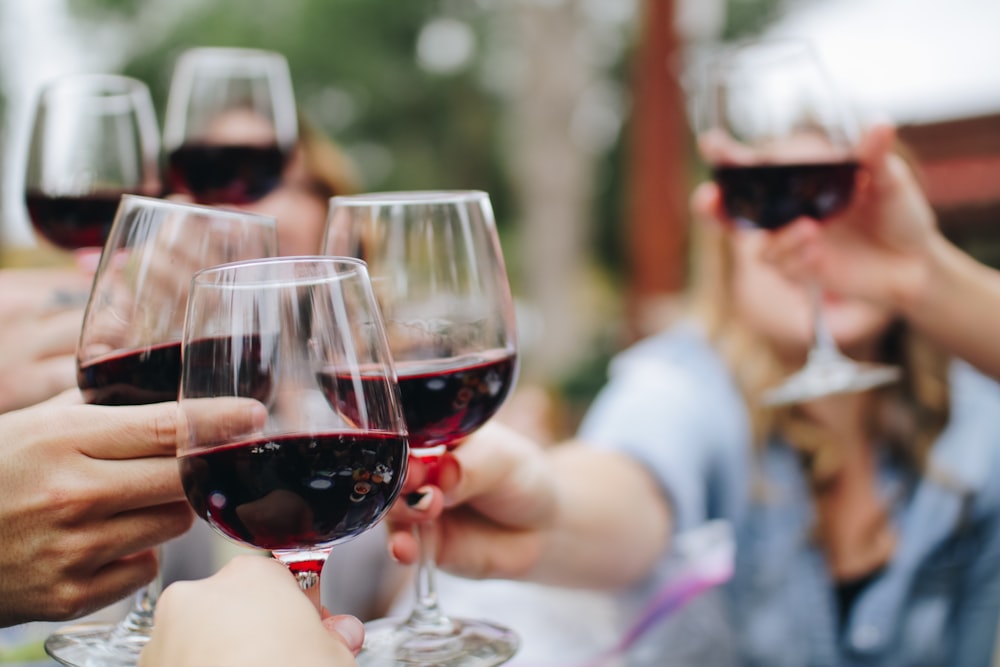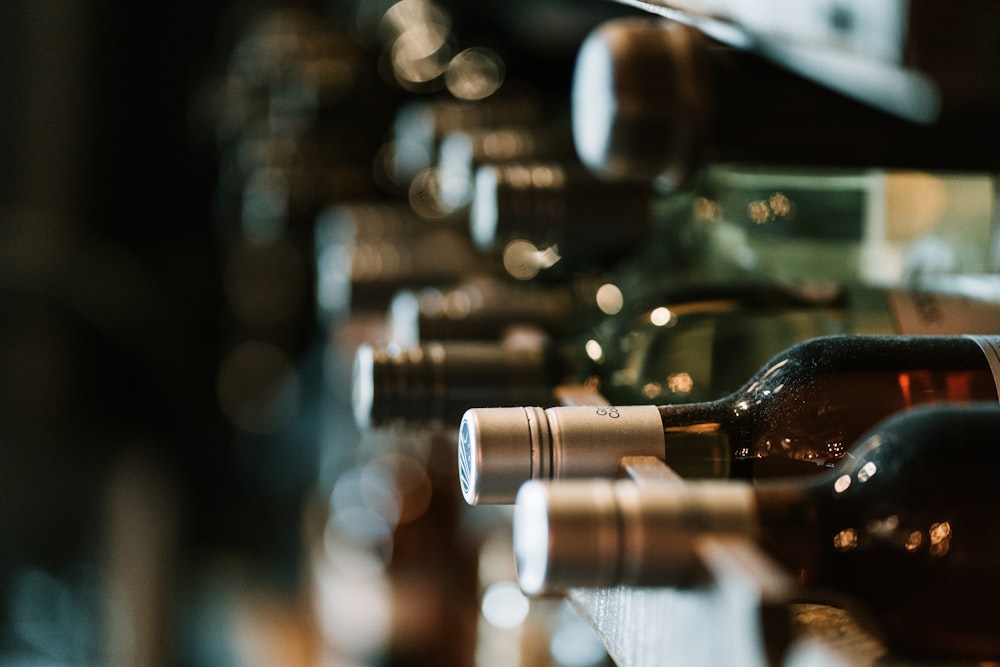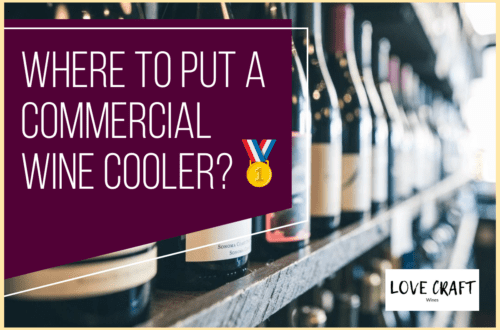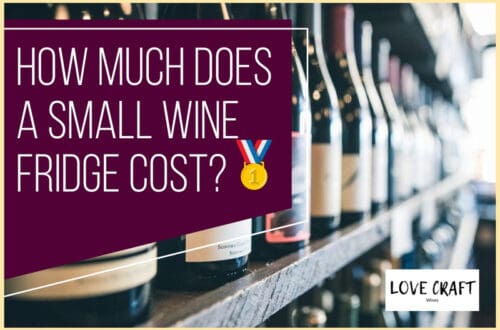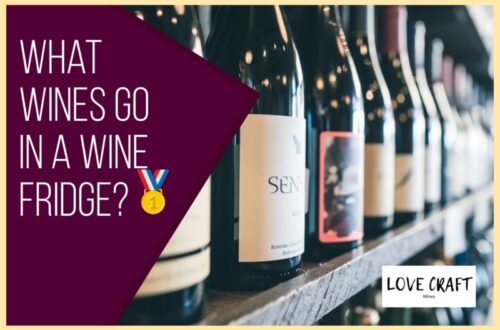Do you love collecting bottles of wine or have a few left untouched in your cellar? You might be wondering if they have an expiration date or if they can last forever. The truth is, wine does have a lifespan and it’s important to know how to properly store and determine if it’s still good to drink.
The aging process of wine is complex and can vary depending on several factors. Understanding these factors and knowing how to properly store your wine can help extend its lifespan.
In this article, we’ll take an in-depth look at the aging process of wine, the factors that affect its lifespan, and how to determine if your wine is still good to drink. We’ll also explore which types of wine can be aged and provide tips for storing and preserving your wine collection.
Table of Contents
The Aging Process of Wine
You’ll notice that as you store wine, it undergoes a transformation over time, developing complex flavors and aromas that deepen with age. This is due to the natural aging process that occurs in wine, which is influenced by several factors.
The aging potential of wine varies depending on the type of wine, with some wines being able to age for several decades while others are intended to be consumed young. As wine ages, it undergoes a taste evolution, with the tannins softening, the acidity becoming more balanced, and the fruit flavors becoming more subdued.
The taste evolution of wine is influenced by several factors, such as the grape variety, the region where the wine was produced, the winemaking techniques used, and the storage conditions. For example, red wines typically have a higher tannin content than white wines, which means they require more time to soften and develop their full potential.
Additionally, wines that are produced in cooler regions tend to have higher acidity levels, which can help them age gracefully over time. Proper storage conditions, such as temperature, humidity, and light exposure, are also crucial factors that affect wine’s lifespan.
Factors That Affect Wine’s Lifespan
As time passes, various factors can significantly impact the longevity of a bottle of vino. Here are some of the factors that affect the lifespan of wine:
- Climate influence: Wine is sensitive to temperature changes and light exposure. Exposing it to high temperatures and direct sunlight can cause it to age faster. Therefore, it’s essential to store wine in a cool, dark place to preserve its quality.
- Bottle material: The type of material used to make the wine bottle can also affect its lifespan. For instance, cork is a commonly used material that can allow air to seep into the bottle over time, causing the wine to oxidize and spoil. On the other hand, bottles with screw caps or synthetic corks provide a more airtight seal, allowing the wine to last longer.
Other factors that can affect the lifespan of wine include the level of acidity, tannins, and alcohol content. Understanding how these factors impact your wine can help you determine if it’s still good for consumption or not.
How to Determine if Your Wine is Still Good
It’s important to know how to tell if your vino is still drinkable, as different factors can impact its lifespan. Wine preservation is key to keeping your wine fresh for as long as possible.
Once you open a bottle of wine, it’s exposed to oxygen, which can lead to spoilage. To avoid this, make sure to store your wine properly, in a cool, dark place, and use a wine stopper or vacuum pump to remove as much air as possible from the bottle.
Detecting spoilage is also an important skill to have. A few tell-tale signs that your wine has gone bad include a vinegary or off smell, a cloudy appearance, or a sour or bitter taste. If you notice any of these, it’s best to err on the side of caution and dispose of the wine.
However, if your wine still smells and tastes good, it’s likely still drinkable, even if it’s past its prime. In the next section, we’ll explore types of wine that can be aged, and how to properly store them to allow them to reach their full potential.
Types of Wine That Can Be Aged
If you’re a wine enthusiast, you might be interested to know which types of vino can improve with age and how to properly store them to maximize their flavor and complexity.
Generally, red wines are the ones that are known to age well. This is because they have more tannins, which are compounds that can help preserve the wine as it ages.
Some of the most popular red wines that can be aged include Cabernet Sauvignon, Merlot, Pinot Noir, and Zinfandel.
On the other hand, white wines are typically not meant to be aged for too long. This is because they have less tannins, which means they tend to oxidize faster.
However, there are some white wines that can be aged to enhance their flavor profile. For instance, Chardonnay, Riesling, and Chenin Blanc are all white wines that can benefit from aging.
If you’re interested in aging white wine, it’s best to choose a wine that has a high acidity level and is full-bodied.
Tips for Properly Storing Wine
To keep your precious bottle of vino in tip-top shape, make sure to give it a cozy home in a dark and cool space, like a snug little cave, away from direct sunlight, heat, and temperature fluctuations.
Temperature control is crucial in wine storage, as too much heat can cause the wine to spoil and lose its flavor. It’s recommended to store wine between 45 and 65 degrees Fahrenheit, with a consistent temperature throughout the storage period. Avoid storing wine in the kitchen or near appliances that generate heat, such as ovens or refrigerators.
Bottle positioning is another important factor in wine storage. Wine bottles should be stored horizontally, with the cork in contact with the wine. This position ensures that the cork stays moist, preventing air from entering the bottle and oxidizing the wine.
Additionally, avoid moving or jostling the wine bottles, as this can disturb the sediment and affect the flavor. With these tips, you can ensure that your wine stays fresh and delicious for years to come.
Frequently Asked Questions
What happens if I drink expired wine?
If you’re thinking about drinking expired wine, it’s important to know that wine storage plays a crucial role in wine spoilage. Even if you’ve kept the bottle in a cool, dark place, if it’s been opened for more than a few days, it may have gone bad.
Signs of spoiled wine include a musty or vinegar-like smell, a cloudy appearance, and a sour or off taste. Consuming spoiled wine can lead to unpleasant side effects like headaches, upset stomach, and even food poisoning.
It’s always best to err on the side of caution and dispose of any wine that may have exceeded its shelf life.
Can I still cook with expired wine?
Looking for cooking alternatives when your wine has expired? There are a few things to consider before using that old bottle.
While wine preservation techniques can help extend the life of your wine, expired wine can give off undesirable flavors that may ruin your dish. However, there are ways to use expired wine in cooking without sacrificing the taste of your meal.
Try using it in marinades or sauces, or even in stews or soups where the flavors can blend together. Just be sure to taste as you go and adjust accordingly.
With a little creativity, expired wine can still be used to enhance your cooking.
How long does an opened bottle of wine last?
If you’re a wine lover, it’s essential to know how long an opened bottle of wine lasts. Storing wine correctly is key to preserving its flavor, and once you’ve opened a bottle, the clock starts ticking.
Red wine typically lasts longer than white, with a shelf life of up to five days after opening. White wine, on the other hand, should be consumed within three days.
To extend the life of your opened bottle of wine, store it properly by re-corking it tightly or using a wine stopper. Keep it in the fridge if it’s a white wine or at room temperature if it’s a red.
By following these tips, you’ll be able to enjoy your favorite wine for longer and preserve its flavor.
Does the type of wine bottle affect its shelf life?
When it comes to wine, the type of bottle you use can have a significant impact on its shelf life.
The way you store your wine is crucial to maintaining its quality and taste, and the bottle you choose can play a major role in this.
Different bottles have varying levels of oxygen permeability, which can affect how quickly the wine ages and oxidizes.
Additionally, the temperature at which you store your wine can also have a significant impact on its quality.
Lower temperatures can slow down the aging process, while higher temperatures can cause the wine to spoil faster.
Therefore, it’s important to choose the right type of bottle and store your wine at the appropriate temperature to ensure that it lasts as long as possible.
Can I age a cheap bottle of wine?
Can you age a cheap bottle of wine? The answer may surprise you.
While it’s true that some wines are meant to be consumed immediately, others have an aging potential that can transform a cheap bottle of wine into a complex and nuanced masterpiece.
But don’t be fooled, not all cheap wines are created equal.
The quality of the wine is the single most important factor in determining its aging potential.
High-quality cheap wines, with the right balance of acidity and tannins, can be aged for several years, resulting in a smoother and more refined flavor profile.
So, if you’re willing to be patient and do your research, you may just be able to turn a cheap bottle of wine into a fine vintage.
Conclusion
So, does wine have an expiration date? The answer is not a simple yes or no. While some wines are meant to be consumed immediately after purchase, others can be aged for years or even decades.
The aging process of wine is complex and affected by various factors such as the type of wine, storage conditions, and bottle size.
To determine if your wine is still good, it is important to pay attention to the wine’s color, aroma, and taste. If the wine has a brownish color, a musty smell, or a sour taste, it may have gone bad. On the other hand, if the wine has a deep color, a pleasant aroma, and a complex taste, it may have improved with age.
Interestingly, some wines can age for centuries and still be drinkable. For example, a bottle of 1727 Rudesheimer Apostelwein was opened in 1961 and found to be still drinkable, making it over 230 years old at the time.
This shows how the aging process of wine can be truly remarkable and produce exceptional results when done correctly. So, next time you’re wondering if that bottle of wine in your cellar is still good, take a closer look and see if it has aged gracefully over time.
